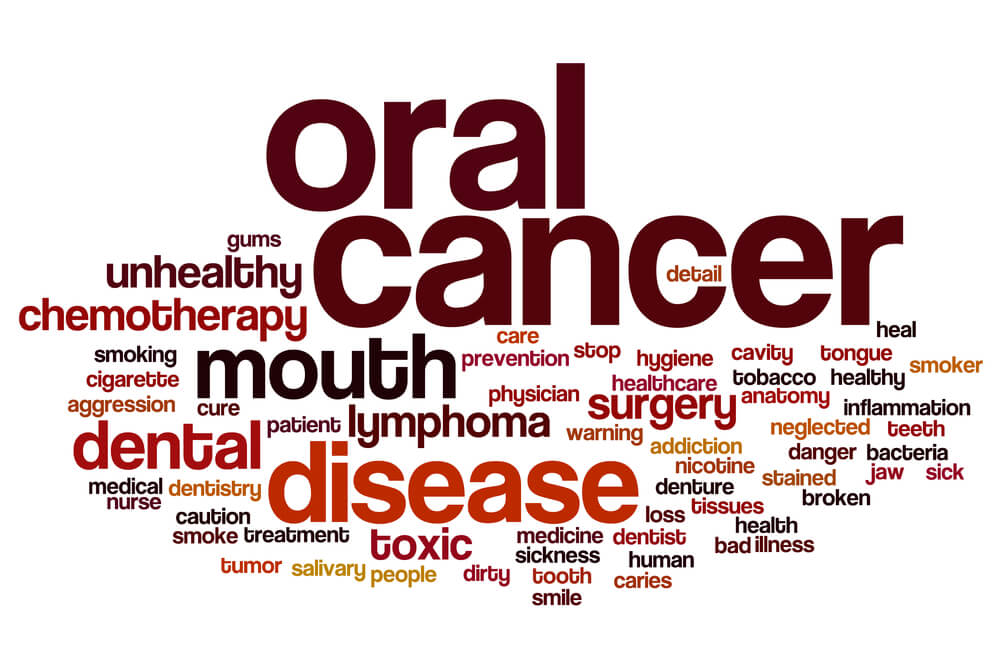Oral cancer is caused by the uncontrolled growth of cells in the mouth tissues and structures. There are many types of oral cancers, and they can affect different cells inside your mouth. Oral cancer could affect your palate, tongue, lips, cheeks or throat. The cancer could also move into your sinuses or jawbone.
During each routine checkup at the Good Samaritan Dental Implant Institute, every patient is screened for oral cancer. Most dentists also do this as a part of routine teeth cleanings and oral health exams. The earlier that oral cancer is detected, the better chance that you have to make a full recovery.
Symptoms of Oral Cancer
One of the most common symptoms of oral cancer is the development of lumps, bumps, sores or ulcers in the mouth. They may feel thick, rough or crusty. Other types of oral cancer might cause patchy red and white speckled areas to develop. Bleeding that is unrelated to any injury or dental hygiene issue could also be a sign of cancer.
Some people with oral cancer develop an area of persistent numbness or pain that lasts for longer than two weeks. A sore throat, hoarse voice or a persistent feeling that something is caught at the back of your throat are also common oral cancer symptoms.
Who Gets Oral Cancer
Each year, about 40,000 people get oral cancer. Men have twice the risk of women. Men over the age of 50 are at the highest risk. People who smoke or use tobacco products have a much higher risk of oral cancer than people who do not use tobacco. Smokeless tobacco increases your risk of oral cancer by 50 times.
Excessive alcohol consumption also increases the risk of developing oral cancer. People with human papillomavirus infection and/or a history of severe sunburns or other types of cancer are also more prone to develop cancer of the mouth.
Oral Cancer Treatment Options
If the dentist suspects a lesion in your mouth is cancer, he or she will perform a biopsy, which involves the removal of a small bit of the lesion. It is done either with a scalpel or with a laser. Your mouth will be numbed with a local anesthetic before a biopsy.
When oral cancer is diagnosed, there are several treatment options. An oral surgeon with experience in oral cancer treatment will surgically remove the lesion. You may also receive chemotherapy, radiation or a combination of both.
Restoration of Your Smile
After your oral cancer treatments are complete, you may need regular follow-up visits with an oral surgeon. You may also need restorative services or a cosmetic procedure performed by our dentists at the Good Samaritan Dental Implant Institute in West Palm Beach, Florida. These procedures are designed to improve the look of your smile and the functionality of your mouth. Oral surgery for dental implants may be an option if oral cancer caused you to lose one or more of your teeth. Dental implants are customized just for you. With this information about oral cancer, you will know what to expect from oral surgery and any cosmetic procedures that may be required to help you recover.


